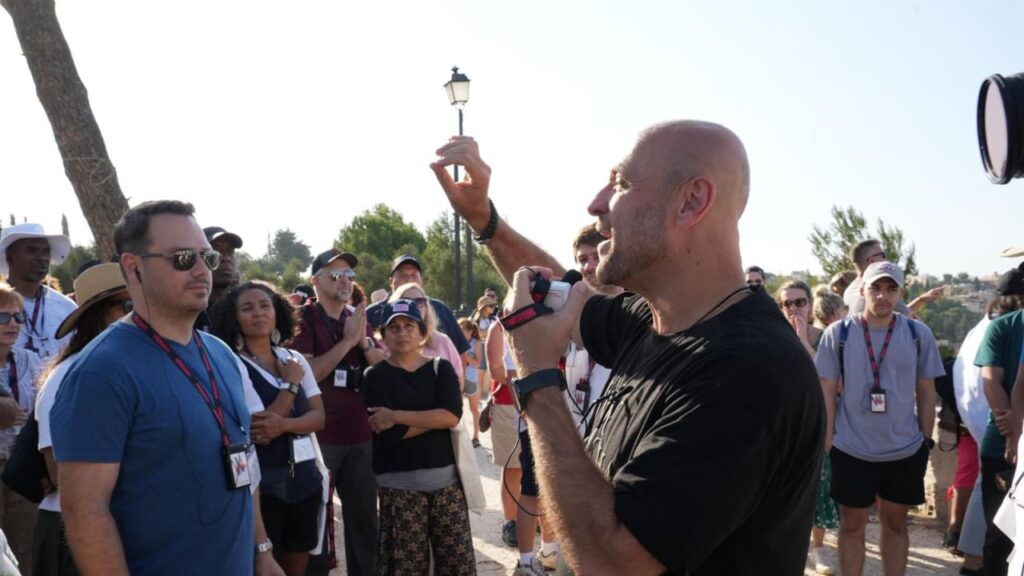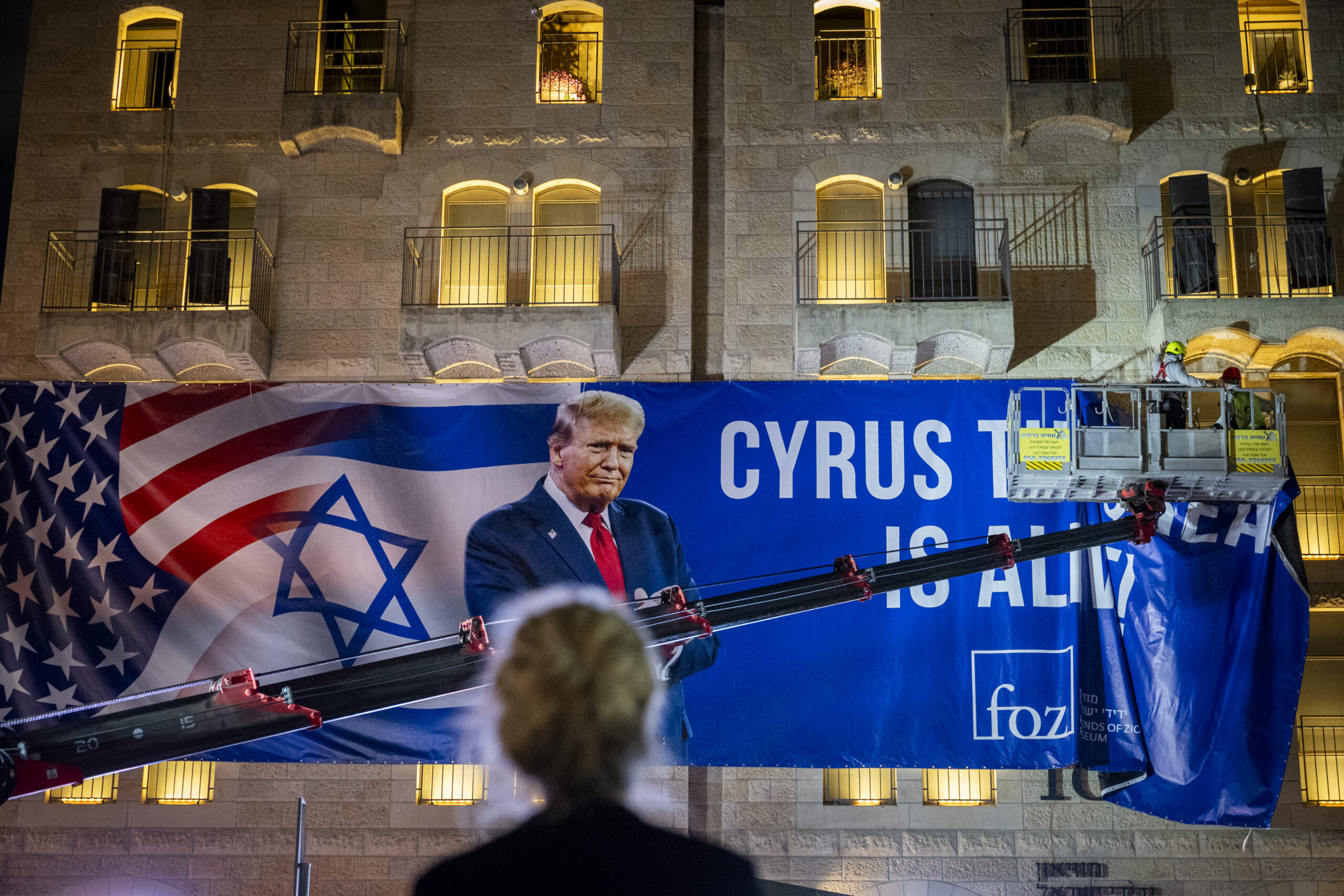“If the ceasefire holds and leads to a permanent peace, Donald Trump will have earned his place in history.”
When thinking of peacemakers, Donald Trump’s name may not readily come to mind. He is known as an aggressive deal maker, with a no-holds barred style of confronting any issue. He may not have been the first thought as the US President who would be the greatest force for peace in the Middle East.
And yet, that is precisely what occurred. Trump brokered the historic Abraham Accords in 2020 that normalized diplomatic relations between Israel and several Arab and Muslim-majority nations. Those accords created an atmosphere or renewed hope in the region. And now, the ceasefire agreement between Israel and Hamas on October 9th.How does one explain these unexpected outcomes?
Several factors come to mind. First and foremost, Donald Trump is less a traditional politician than any occupant of the White House since Ronald Reagan. Like Reagan, Trump has a deep suspicion of the Washington policy establishment, whether Republican or Democrat. He trusts his instincts and is willing to jettison the conventional wisdom.
It must be said that the conventional wisdom regarding the Middle East has not brought any results since the failed Oslo Accords of 1993. Successive US presidents have prioritized Middle East peace. All have failed.Trump has not only shown a willingness to discard the failed strategies of the past, but he has also used his considerable leverage as the leader of the world’s superpower to pressure a treasured ally and friend to make peace.
No one can question Donald Trump’s commitment to Israel or the Jewish people. He has been a stalwart friend, standing with Israel when the leaders of every Western democracy pressured the Israelis to end their campaign to destroy the capacity of Hamas to terrorize Palestinians and Israelis. Only a friend could have worked as effectively with Prime Minister Netanyahu as President Trump has.

But an important additional factor deserves mention, a factor that will not be acknowledged by the US media: the steadfast support of the American evangelical community for both President Trump and for Israel.
American evangelicals remain a significant force in American politics, representing more than half of Republican voters. It is doubtful that any Republican presidential candidate from 1980 to the present could have been elected without their votes, including Donald Trump.
American evangelicals have supported the aspirations of the Jewish people for a national homeland since the Balfour Declaration in 1917. They have stood with Israel through every crisis for more than a century. They have come to Israel through both intifadas, and through every war. Every evangelical leader of national stature has resolutely spoken with clarity and courage when Israel’s existence has been threatened by her enemies.
Millions of evangelicals have visited “the Land” in the last seventy-five years. When they come home, they lobby their representatives in the US Congress and they have consistently communicated their support for Israel to the Trump administration and to President Trump personally. Donald Trump does many things well. He is especially good at counting the votes, as his Democratic opponents can testify.
If the ceasefire holds and leads to a permanent peace, Donald Trump will have earned his place in history. It is also fair to say that he could not have done it without his evangelical base.
Robert Stearns is the President of the Israel Christian Nexus an interfaith consortium of religious leaders and influencers that seeks the peace of Jerusalem and promotes dialogue between religious traditions.
** This article was originally published on jpost.com




